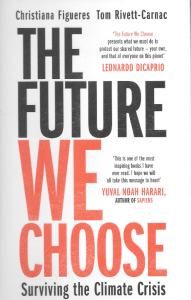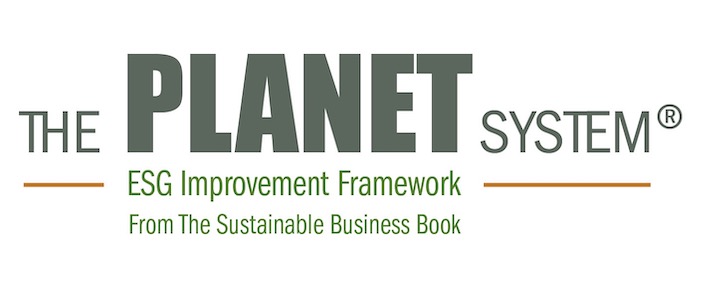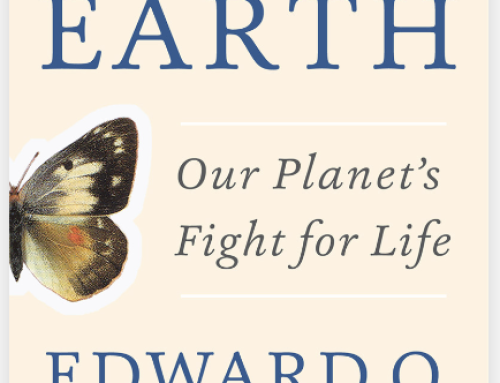 The Future We Choose – Figueres & Rivett-Carnac
The Future We Choose – Figueres & Rivett-Carnac
The one sentence summary: We can survive the climate crisis if we take urgent action now.
WHAT THE BOOK SAYS
The authors were involved in forging the Paris Climate Agreement in 2015. In this book they define the 20s as the critical decade. Two dates should be seared into everyone’s mind: 2030 and 2050.
- By 2050 at the latest, and ideally by 2040, we must have stopped emitting more greenhouse gases than the Earth can naturally absorb (a balance known as net zero or carbon neutrality).
- By 2030 we must have halved global emissions. If we don’t, then we are highly unlikely to halve emissions every decade and so hit the carbon neutral target in 2050.
Climate change should be of concern to all those who care about health, economic stability, investment value, and intergenerational justice (not just the planet itself).
In just the last 50 years we have catapulted the Earth into the Anthropocene, the age of man, with excessive exploitation of resources.
The book presents two scenarios:
- Dystopian: based on the trajectory we are now on, with 3.7 degrees warming by 2100. Bad air quality, unbearable temperatures, water scarcity, etc.
- Tolerable: The world we must create, limiting warming to no more than 1.5 degrees. This is still attainable but the window of opportunity is closing.
To achieve this we need three specific mindsets:
- Stubborn optimism: the steadfast confidence to solve big problems based on the bad news in front of us.
- Endless abundance: perception of scarcity causes us to over-exploit natural resources fearing that they may run out, whereas endless abundance acknowledges that they do renew if properly managed.
- Radical regeneration: many of the world’s assets can be regenerated.
WHAT’S GOOD ABOUT IT
There are 10 proposed actions to get us underway:
- Let go of the old world: old thinking and nostalgia won’t do.
- Face your grief but hold a vision of the future: face facts, with optimism. Many haven’t even accepted that it’s an issue at all.
- Defend the truth: there is too much false information denying climate change. Lies online spread 6 times faster than the truth.
- See yourself as a citizen, not a consumer: and so consume less.
- Move beyond fossil fuels: we have proved we can already do this.
- Reforest the earth: more trees will help us to absorb carbon.
- Invest in a clean economy: we already know how to do this.
- Build gender equality: women make better-balanced leaders.
- Engage in politics: politicians need to be pressurized to make the right decisions.
WHAT YOU HAVE TO WATCH
The calls to action at the end are almost all about political activism, which some may not feel comfortable with.





Leave A Comment
You must be logged in to post a comment.